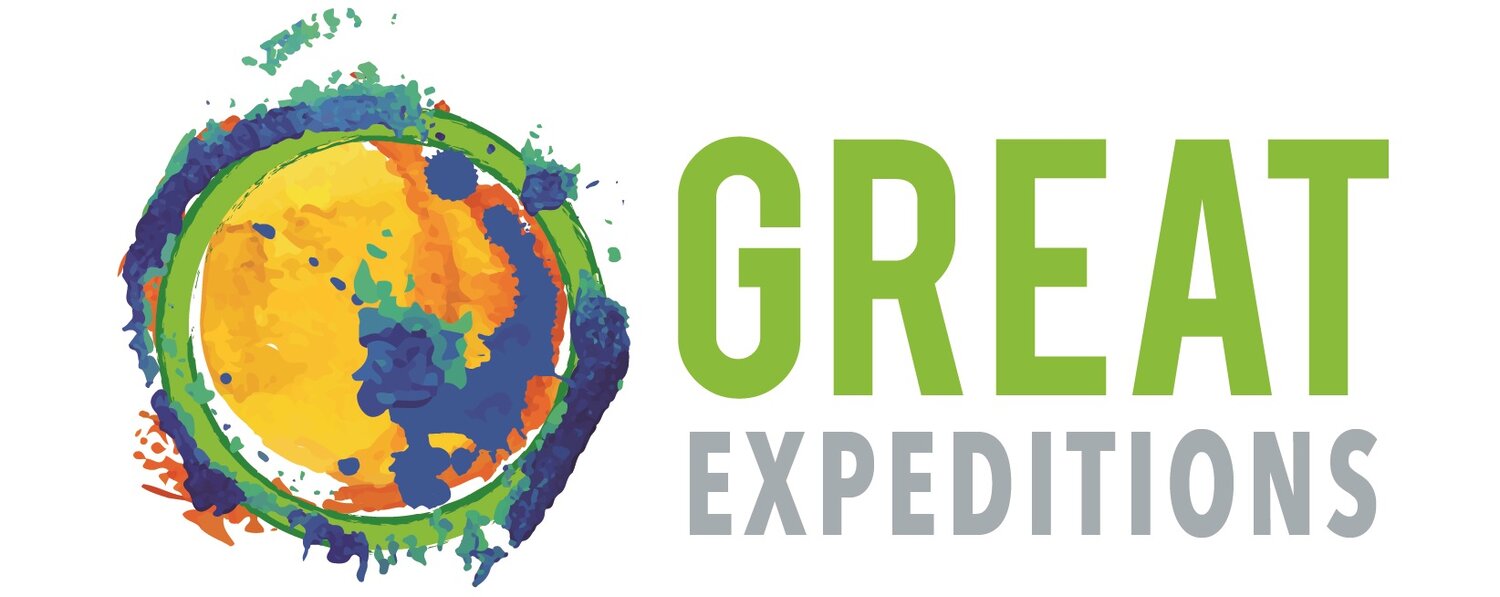Vanuatu Moments…
This past May wasn’t my first or even my second visit to Vanuatu, but my fourth. “Where”? will be the first thing people ask when I tell them where I’ve been. Vanuatu is a small South Pacific island nation, roughly located in between Australia and Fiji. It is an archipelago of 82 islands; most of which are inaccessible to tourism. Better known to the Aussies and Kiwis as a tropical beach destination, it is less known to us Yankees, and a beach holiday would only be part of the reason we would travel there.
According to Wikipedia, the first inhabitants are of Melanesian descent, but both France and England laid claim to the archipelago in the 1880s. In 1906, an agreement was made to jointly run the destination known as “New Hebrides” through an Anglo-French condominium. The nation became independent and changed it’s name to Vanuatu in 1980. While English and French are commonly spoken, the official language is Bislama – a pidgin language that essentially combines a typically Melanesian grammar with a mostly English vocabulary. Learning a few words of Bislama can be a lot fun!
Lukim Yu - See You Later
Mi Glad Tumas - I Am Very Happy
Yu/Yufala - You/You guys
Wan/Tu/Tri - One/Two/Three
Mifala/Mifala Evriwan - Us/We/All Of Us
Trak blong mi - This is my truck/car
Bigfala - large / Smol - Small
Bigfala trak: Large truck or car
Pikikini - Child
The resulting French influence is apparent with the abundance of cafes and boutiques touting French cuisine and styles that are found in the capital and international gateway of Port Vila. Tourism plays an important role in the economics of this volcanic group of islands, but agriculture and cattle equally so. Back to that French influence on the cuisine… the food in Vanuatu is excellent. An abundance of produce is offered in the local markets and all naturally organic. Free range beef is another main export commodity and readily offered on most menus. You’ll be hard pressed to find a better steak, hamburger, or thai beef salad for that matter! Coffee and chocolate are two newer cottage industries that Vanuatu is becoming known for and you’ll find that “Cup of Joe” mighty tasty in the morning! I’d be remiss if I didn’t mention Vanuatu’s local beer – Tusker - and why choose anything else when there?
Chances are that, especially for Americans, you wouldn’t travel all the way to Vanuatu for the food, however. Travel there for the beaches, yes. To stay at a romantic, boutique resort, yes. To experience some adventure, absolutely. Scuba diving, snorkeling, and all the water sports associated with a South Pacific destination can be found here. Additionally, there are waterfalls, caves, and “blue holes” to explore. Sailing, kayaking, horseback riding and trekking expeditions are also available. WWII enthusiasts will find a rich history, especially on Santo Island (Vanuatu’s largest), where the US Navy was based. Some are accessible by scuba diving only – ie. the wreck of the SS President Coolidge - and others can be seen by land or by snorkeling such as Million Dollar Point. Volcanoes… Mt. Yasur, an active volcano on Tanna Island, is one of the most amazing – and unique – experiences I’ve ever had. Vanuatu is family friendly, romantic, adventurous… and just the very beauty of the islands, with all their flora and fauna, are an attraction. So much so, that Ambryn Island, seen in the distance from Santo Island, was the basis of inspiration for James Michener’s Pulitzer Prize–winning book, Tales of the South Pacific.
Vanuatu’s assets to the tourism industry are many, but none so much as the people themselves. Outside of the main island, most local “ni-Vanuatu” people live traditional lifestyles. Some offer cultural rituals that are truly “National Geographic” moments, like what I experienced witnessing the Land Jumpers of Pentecost Island this past May. Of course, no visit to Vanuatu is complete without stopping into a local “Nakamal” (preferably with a local),to drink kava. Kava is another major export for this island nation and for those of you who may have had Fijian kava and think “oh, I’ve had kava, I don’t need to try this”, think again. The culture of drinking kava in Vanuatu is very different than that of Fiji, and the kava itself another beast!
With so much to offer it’s always a wonder to me how very “unspoiled” Vanuatu is. There just isn’t any mass tourism there (yet) and often small group experiences actually end up being private ones. Where else can you find yourself on a public beach that would rival any in the world – and have it all to yourself? Or be diving on a pristine coral reef – and yours is the only boat there? Perhaps this is part of why it is a personal favorite place for @greatexpeditionstravel to visit and why the welcome from Vanuatu is still so genuine.









